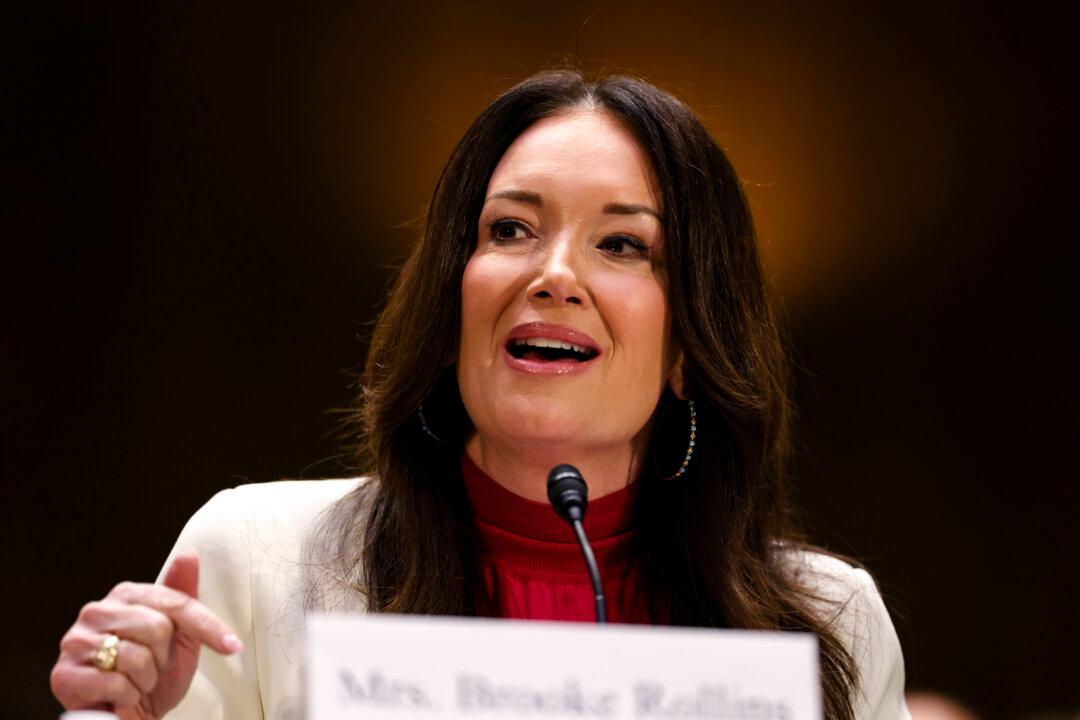Brooke Rollins, the newly sworn-in secretary of the U.S. Department of Agriculture (USDA), outlined her vision on Friday for reforming the agency’s 16 nutrition programs, emphasizing accountability, efficiency, and innovation, in a letter to state, tribal, territorial, and local government partners.
In the letter—sent on her first full day in her new role as secretary—she detailed her commitment to modernizing these programs while ensuring taxpayer dollars are spent responsibly.





